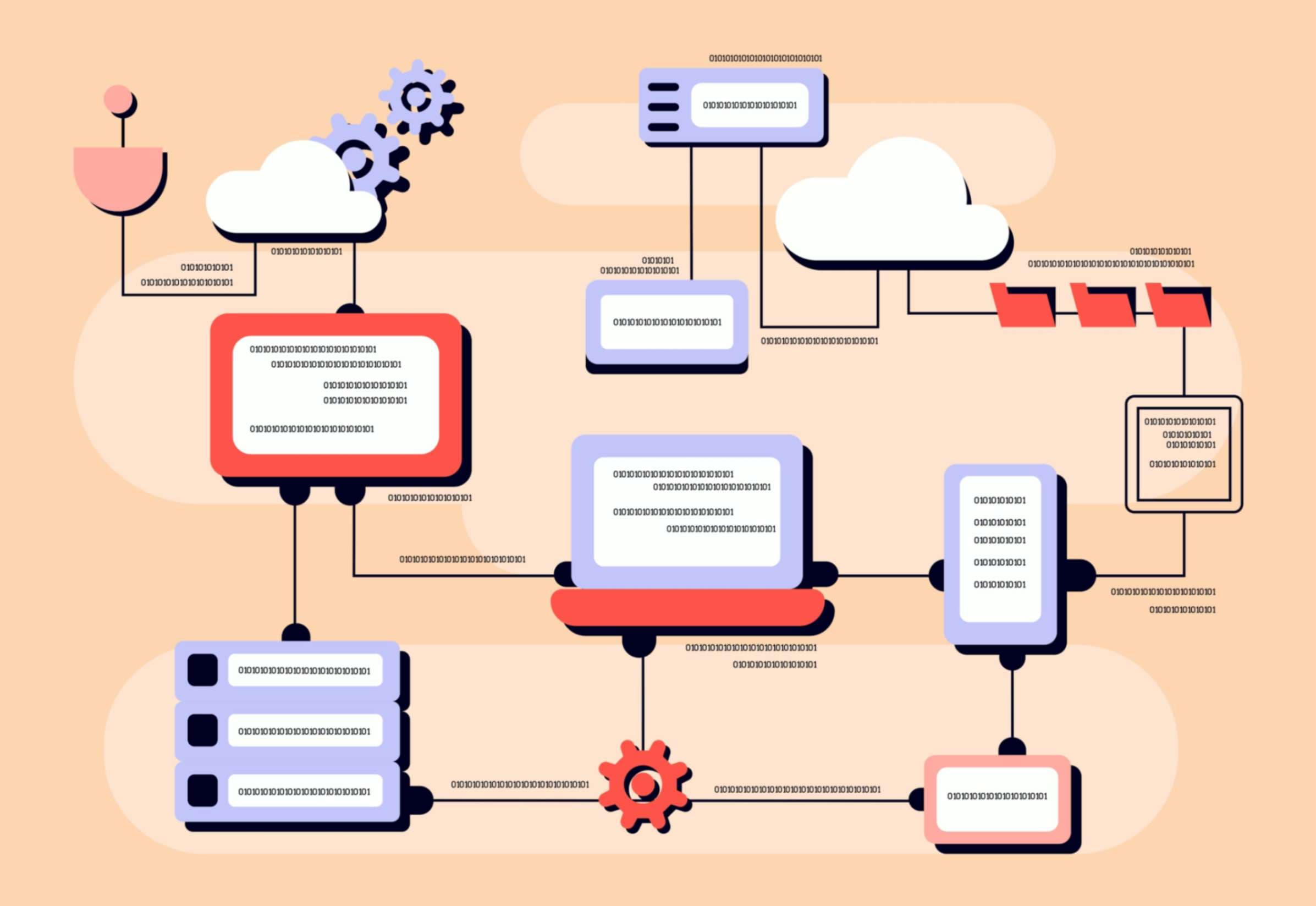
From Classroom to Career: The Case for Early Financial Education
One of the most effective ways to prepare for financial responsibility as adults is to begin financial education during adolescence. High school curricula often lack structured programs on personal finance, leaving students unprepared for real-world financial decisions. Skills such as budgeting, understanding interest rates, and evaluating loan terms are foundational, yet they are frequently neglected in traditional academic paths. Research from the Council for Economic Education indicates that students who receive financial education in high school are more likely to save, budget, and manage credit effectively as adults1. Municipal governments and school boards have an opportunity to integrate financial literacy into core education standards, especially in partnership with local credit unions and financial institutions.
For municipal practitioners and educators, practical exposure is just as important as theoretical learning. Initiatives such as student-run credit unions or budgeting simulations in the classroom can reinforce financial concepts. These programs allow students to engage with real financial tools and decision-making processes. Local governments might also consider youth employment programs that include financial management components. By combining employment experience with instruction on how to manage earnings, the transition from adolescence to adulthood can be more secure and informed. Programs like these are not just educational—they are preventative, helping avoid the long-term consequences of financial missteps such as excessive debt or poor credit history.
Practical Money Management for Adults
For individuals who have already entered adulthood without a strong foundation in financial literacy, there are still many practical steps to build competence. The first step is setting up a personal budget—a tool that tracks income, fixed expenses, discretionary spending, and savings goals. The Consumer Financial Protection Bureau (CFPB) provides free templates and guidance to help individuals create realistic and sustainable budgets2. Budgeting isn't just about tracking expenses; it enables individuals to plan for future financial obligations, making them more resilient during economic downturns or unexpected life events.
Responsible use of credit and debt is another key element of adult financial management. Many people fall into debt due to a lack of understanding about interest rates, minimum payment structures, and the long-term impact of missed payments on credit scores. Adults should be educated on the difference between good debt—such as student loans or mortgages—and bad debt, like high-interest credit card balances. Financial workshops hosted by municipal workforce development offices or community centers can serve as accessible venues for this kind of education. Municipal governments can also support adult learners by collaborating with non-profits that specialize in financial counseling, such as the National Foundation for Credit Counseling (NFCC)3.
The Municipal Government’s Role in Promoting Financial Literacy
Local government agencies are uniquely positioned to promote financial literacy among their residents. Libraries, recreation centers, and workforce development department
Read-Only
$3.99/month
- ✓ Unlimited article access
- ✓ Profile setup & commenting
- ✓ Newsletter
Essential
$6.99/month
- ✓ All Read-Only features
- ✓ Connect with subscribers
- ✓ Private messaging
- ✓ Access to CityGov AI
- ✓ 5 submissions, 2 publications
Premium
$9.99/month
- ✓ All Essential features
- 3 publications
- ✓ Library function access
- ✓ Spotlight feature
- ✓ Expert verification
- ✓ Early access to new features
More from Management and Finance
Explore related articles on similar topics





